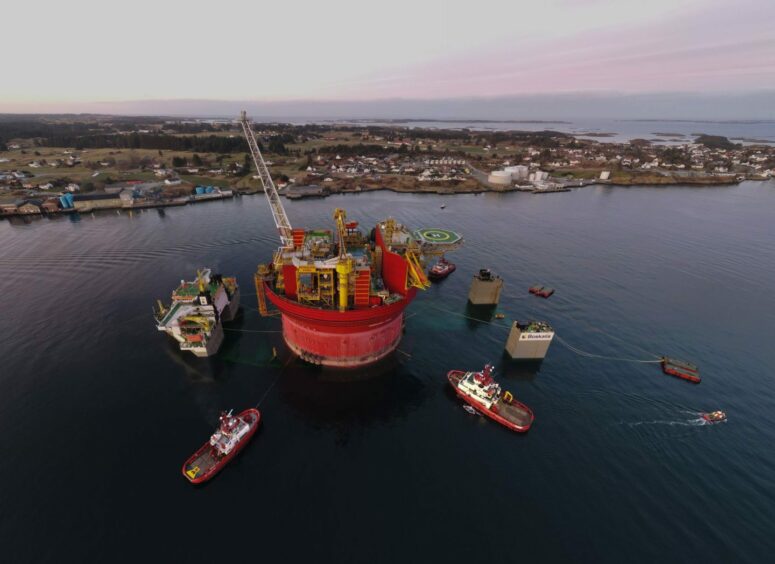
Shell has provided an update on its Penguins development off Shetland, outlining that it has encountered infrastructure issues that “require rectification.”
An update in the Kingfisher Bulletin outlined that, although the majority of new infrastructure needed under the water for the project is installed “several brownfield issues have been identified which require rectification.”
Shell writes that the work to rectify these issues on the redevelopment of a former tie-back field to the Brent Charlie hub will take place in the final quarter of the year.
This work will be carried out by the Seven Kestrel and Seven Atlantic as part of a diving support vessel (DSV) campaign.
The work set to be carried out by the Seven Kestrel will begin on the 6 October and will last four weeks, while Seven Atlantic’s activity will last two weeks and will begin on 4 November.
A Shell (LON: SHEL) spokesperson: “The activity is part of routine work on older, existing infrastructure that has been shut in since Brent Charlie ceased production in 2021, as part of the Penguins redevelopment project”
Penguins FPSO
In the UK listed supermajor’s first quarter results in 2023, chief financial officer Sinead Gorman said that she could not provide a sail away date for the Penguins FPSO as “There’s still more work to do.”
The Shell vessel is currently located in Norway and has been for several months.
At the time of Shell’s Q1 results, it was understood that the FPSO was undergoing final preparation work at Aibel’s yard in Haugesund Norway, work that was expected to last a further three months or so. This update was in May.
Shell’s first new manned vessel for the UK in three decades had a turbulent journey from China to Europe. The vessel was occupied by Greenpeace protestors for 13 days, during this time the activists travelled nearly 2500 miles.
Among the six protestors on board was Imogen Michel, a Greenpeace activist from Ayrshire, Scotland, who spent over 290 hours aboard the vessel.
Once the FPSO had been brought into the Norwegian dock, the activists, the majority of whom boarded just off the north-west coast of Africa, were able to descend the boom and disembark.
Set to work on a field 150 miles north-east of Shetland, the vessel is expected to unlock 80 million barrels of oil, Shell said at the time of the investment decision in 2018, which would have otherwise been left stranded as Brent Charlie shut down.
Recommended for you

